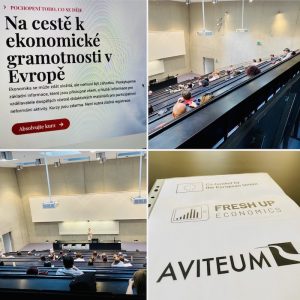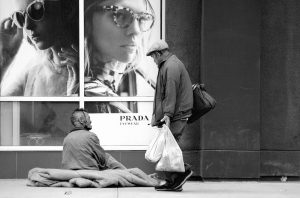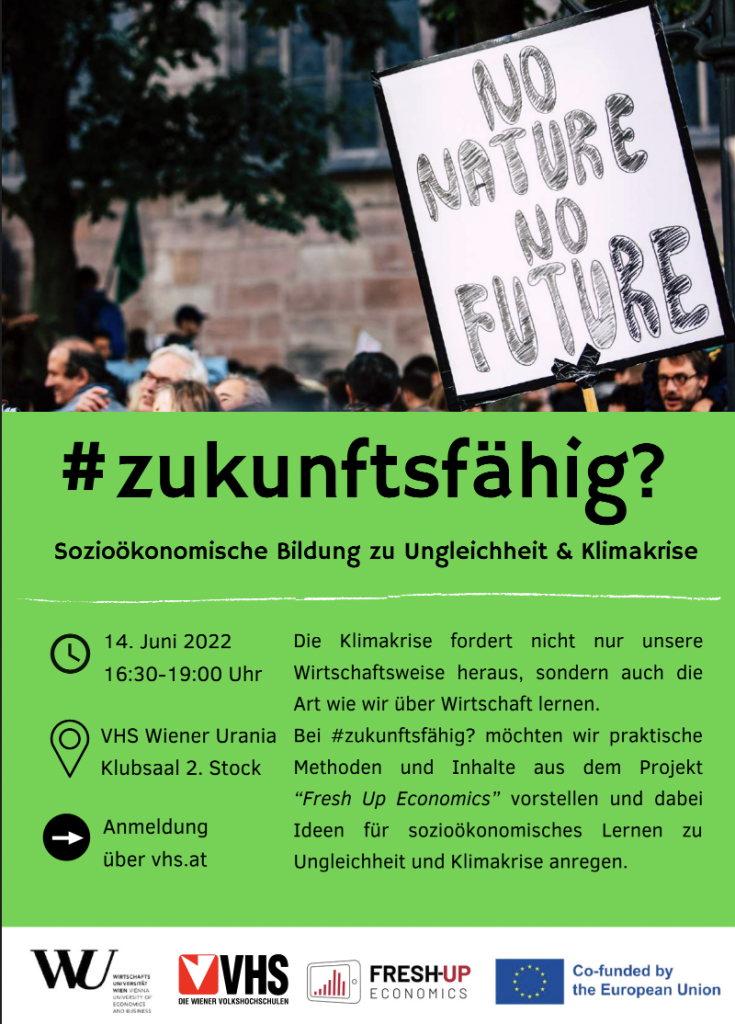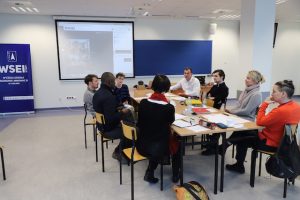THE WORLD AROUND US IN AN ECONOMIC CONTEXT
How to face the current economic challenges and inequalities?
The partner organisation AVITEUM, based in Prague / Czech Republic, hosted a seminar on 22nd June 2022 to present the learning platform and stimulate an exchange on economic challenges. The programme included these questions: How does the economy affect our lives? Do women and men have different positions in the labour market? What is feminist economics and how can it contribute to reducing inequalities? How can we inform ourselves about economic issues? What practical tools are available to us for this? Which ones are offered by the learning platform? Finally, how can we tackle the current economic challenges?
In this way, the Czech colleagues took up aspects that they had worked on themselves (Feminist Economics, Women’s Economic Empowerment). At the same time, they integrated questions on which colleagues from the partner organisations had developed courses and presented them to a broad audience for discussion.
Participants articulated a high appreciation for the thematic diversity that is evident through the learning platform. They also indicated that more educational materials were needed on how to use savings to avoid loss of value through inflation. Similarly, readiness to acquire digital skills and critical thinking should be promoted. It was also suggested to include the issue of gender equality in companies and also to claim for new calls through the ESF programme accordingly.
As the event showed, reflecting on economic challenges can set a lot in motion…




